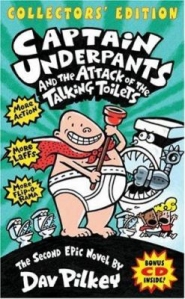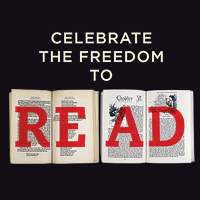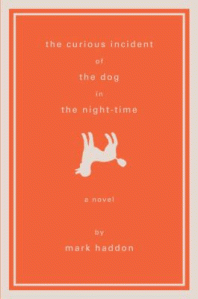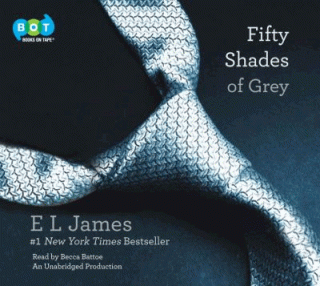CNN Living
By Emanuella Grinberg and CNN Library, CNN
September 24, 2013
 (CNN) — What would you do if you went to the library in search of “The Adventures of Captain Underpants” for your child, or to re-read Toni Morrison’s Pulitzer Prize-winning novel “Beloved” only to find that the book had been pulled from the shelves because another patron objected to its content?
(CNN) — What would you do if you went to the library in search of “The Adventures of Captain Underpants” for your child, or to re-read Toni Morrison’s Pulitzer Prize-winning novel “Beloved” only to find that the book had been pulled from the shelves because another patron objected to its content?
It happens in the United States more often than many realize. At least 464 formal complaints were filed in 2012 seeking to remove books from libraries or schools, according to the American Library Association, a sponsor of Banned Books Week, which runs September 22-28. Its mission is to celebrate the freedom to read and highlight the pitfalls of censorship.
The annual event started in 1982, the same year the Supreme Court ruled that students’ First Amendment rights were violated when Kurt Vonnegut’s “Slaughterhouse-Five” and eight other books were removed from school libraries. Despite the legal precedent, schools and libraries still receive formal challenges to remove books from library shelves or nix them from reading lists to protect children from material some see as inappropriate.
Just this month, a North Carolina school board voted to ban Ralph Ellison’s “Invisible Man” based on complaints from the parent of an 11th-grader. The board is reportedly scheduled to reconsider its decision.
Read the the rest of the article: http://www.cnn.com/2013/09/24/living/banned-books-week/index.html




